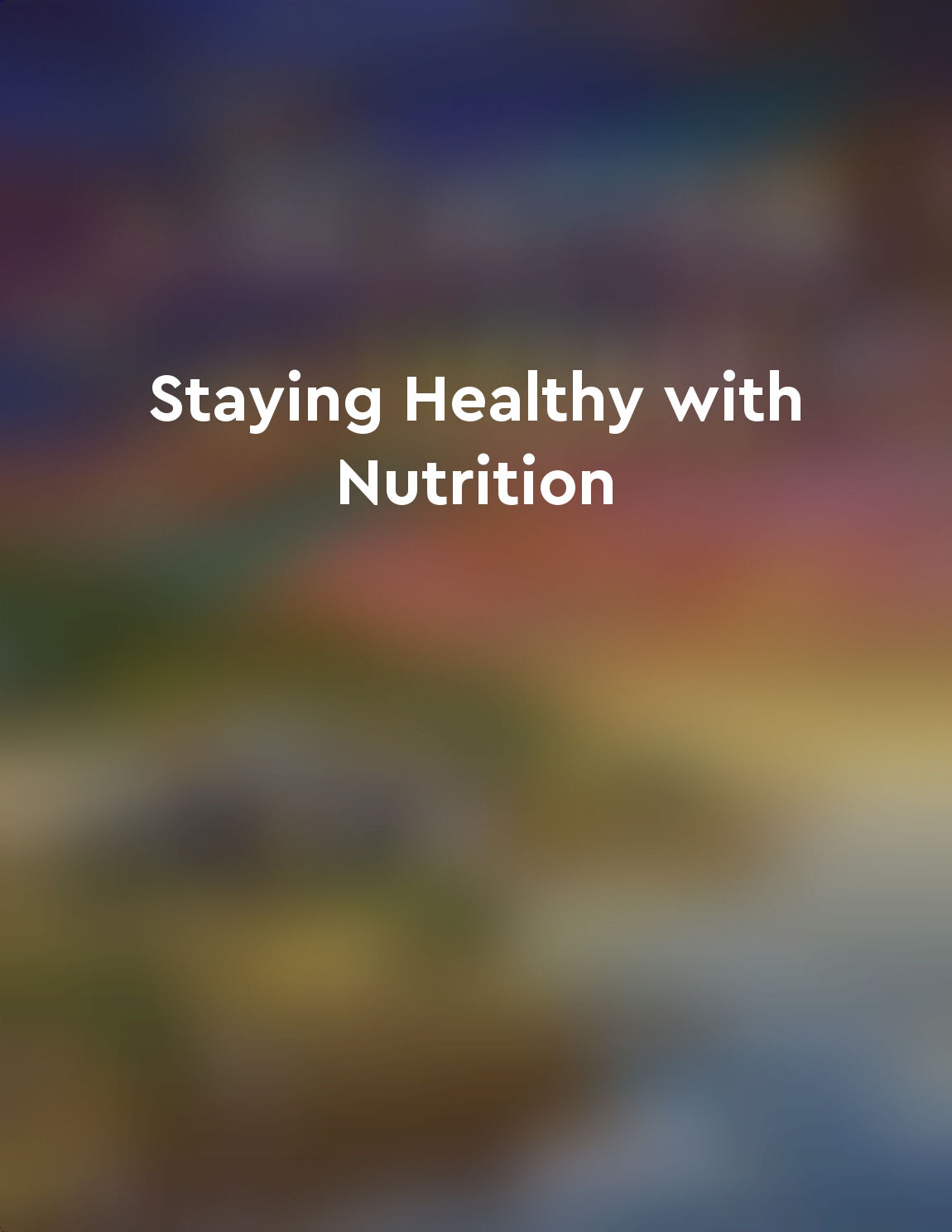Audio available in app
Don't rely on nutrition science from "summary" of In Defence of Food by Michael Pollan
Nutrition science is a relatively young field, and as such, its findings are constantly evolving. What we think we know about nutrition today may be proven wrong tomorrow. This uncertainty is compounded by the fact that nutrition research is fraught with limitations and biases. Researchers often rely on self-reported data, which can be inaccurate and subject to manipulation. Additionally, studies funded by industry or conducted by researchers with conflicts of interest can skew results in favor of certain foods or dietary patterns. The media further complicates matters by sensationalizing and oversimplifying nutrition research. Headlines proclaiming the latest superfood or dietary villain can lead to confusion and misinformation among the general public. This constant stream of conflicting information can leave consumers feeling overwhelmed and unsure of what to believe. Instead of placing blind trust in nutrition science, we should adopt a more common-sense approach to eating. By focusing on whole, minimally processed foods and traditional dietary patterns, we can bypass the confusion and uncertainty of the latest nutrition fads. Eating foods that have been consumed for generations by diverse cultures around the world can provide a sense of stability and time-tested wisdom. Furthermore, by listening to our bodies and paying attention to how different foods make us feel, we can develop a more intuitive approach to eating. Rather than fixating on specific nutrients or micronutrients, we should strive for a balanced diet that includes a variety of foods in their whole, natural form. This holistic approach to eating takes into account the complex interactions between nutrients in whole foods, which may have synergistic effects that are lost in isolated nutrient supplements.- The key to a healthy diet lies not in following the latest nutrition trends, but in returning to a simpler, more mindful way of eating. By embracing whole foods, traditional dietary patterns, and listening to our bodies, we can nourish ourselves in a way that transcends the limitations of nutrition science.
Similar Posts
Companies create products designed to override natural satiety signals
Food companies are well aware of the natural satiety signals that our bodies send when we have had enough to eat. These signals...

Sustainability is important
Sustainability is the key to our future. It is not just a trendy buzzword or a passing fad; it is a fundamental concept that we...
Stay hydrated with water and herbal teas
To maintain optimal health, it is crucial to stay hydrated throughout the day. Water is essential for many bodily functions, in...
Different nutrients play specific roles in maintaining health
Nutrients are essential for our bodies to function properly. Each nutrient has a specific role to play in maintaining our overa...
The food industry relies heavily on corn
Corn has become the keystone of the modern food industry. It is the primary ingredient in a vast number of processed foods, fro...

The benefits of maintaining a healthy weight for overall wellbeing
Maintaining a healthy weight is crucial for overall wellbeing. When we are at a healthy weight, our bodies are better equipped ...
Eat mindfully and without distractions
The idea is to pay attention to what you're eating, to savor it, and to be present in the act of eating. This means putting awa...
Be mindful of food allergies and intolerances
It is essential to pay close attention to food allergies and intolerances. These conditions can have a significant impact on ou...

